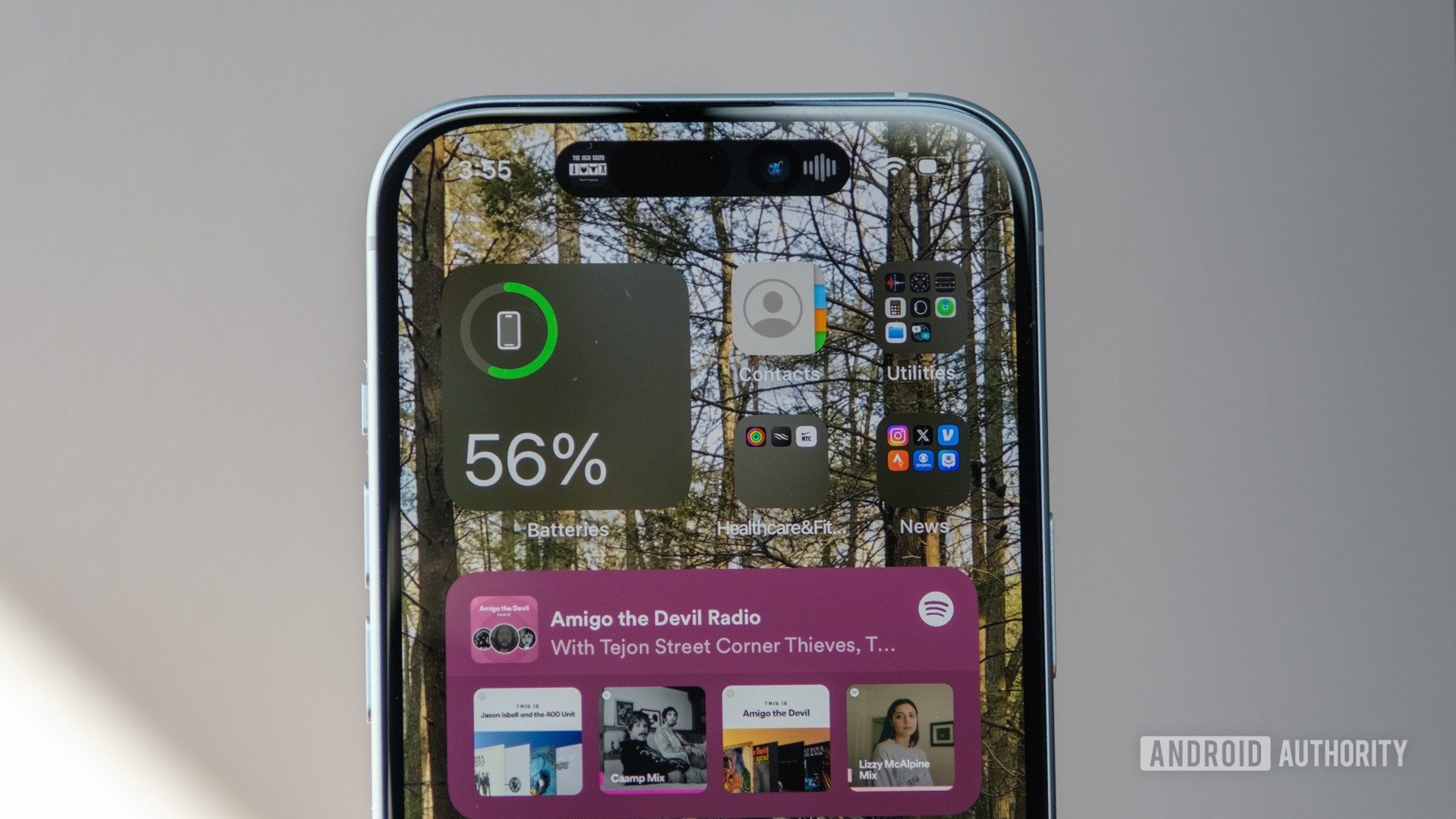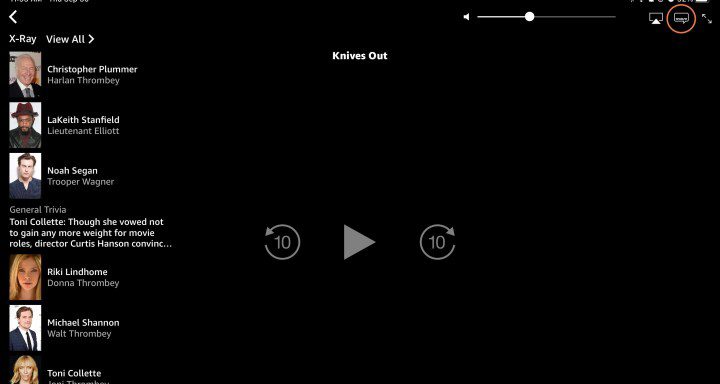Apple’s sideloading policy now allows apps to be installed directly from the web
Ryan Haines / Android Authority TL;DR Apple will soon allow “authorized developers” to distribute apps directly from their website, without any intermediary app store. However, eligibility for “authorized developer” status is very high and involves paying the controversial core technology fee. Apple is also easing the terms around third-party marketplaces and how developers can design […]

Ryan Haines / Android Authority
TL;DR
- Apple will soon allow “authorized developers” to distribute apps directly from their website, without any intermediary app store.
- However, eligibility for “authorized developer” status is very high and involves paying the controversial core technology fee.
- Apple is also easing the terms around third-party marketplaces and how developers can design promotions when tied to purchases.
Apple is forced to make sweeping changes to the way iOS and iPhone work, primarily due to the EU’s Digital Markets Act. For the first time in its history, the company is to officially allow sideloading of apps on the iPhone through competing third-party app stores. Today, Apple is changing its sideloading policy, allowing iOS users in the EU to install apps directly from websites without the intervention of an Apple app store or the competition.
Specifically for EU users, iOS 17.4 includes significant changes to iPhone and the Apple App Store, in compliance with the EU Digital Markets Act. Users can download and use alternative app stores in the EU region and even set them as default.
Apple is expansion on these changes for the EU (as spotted by 9to5Mac), allowing developers to distribute applications directly from their website. “Authorized developers” will be allowed to distribute iOS apps to EU users directly from a developer-owned website, and this capability will be made available with a software update later this year. Apple will also provide these developers with access to APIs that make it easier to distribute applications from the web, integrate with system functionality, back up and restore user applications, and much more.
While this is good news, not all developers will be considered “authorized developers.” Apples Web Distribution Eligibility Requirements mention that, among other requirements, the developer must have an app with more than 1 million annual first-time installs on iOS in the EU in the previous calendar year. This would significantly reduce the number of developers eligible for web distribution. Additionally, developers will have to pay the controversial core technology fee of €0.50 for every first annual install over one million in the last 12 months, which may not be the most economically advantageous terms to which the developer can adhere.
Beyond web distribution, Apple is also making other changes. Third-party marketplaces can now offer apps only on their own, without including other developers’ apps in the mix. Developers now also have more freedom in how they can design promotions, discounts and other offers when linked to purchases. Apple provided mandatory design templates for these, which are now made optional.
Apple’s sideloading policy is now a bit closer to Android than it was to the predominant view of iOS. Allowing apps to be installed directly from websites is similar to how developers can distribute APKs from their websites, but onerous eligibility requirements likely won’t make it a popular option. We’ll have to wait and see how many developers choose to distribute their apps this way.














